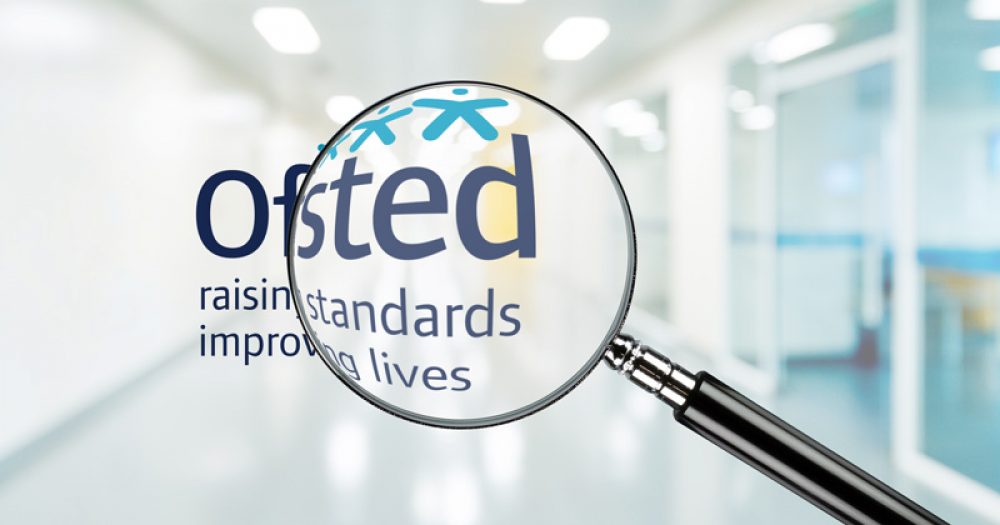Ofsted has today published an operational note for how its new “supportive” monitoring inspections will look. As we reported last week, these inspections are only for ‘inadequate’ and some ‘requires improvement’ schools from January. Full inspections won’t be back until at least April.
Here’s everything you need to know.
1. Which schools will be selected?
Ofsted said schools will be selected in the “normal way” for monitoring inspections:
- Those judged as ‘requires improvement’ for at least both of their last two section 5 inspection (those that have converted to an academy or have been rebrokered since their last section 5 inspection will not receive a monitoring visit)
- Those judged ‘inadequate’, including if they are subject to a “live directive academy order (new schools whose predecessor was inadequate will not get a visit)
- Other RI schools may be visited too, this is at the “regional directors’ discretion and based on our risk assessment”
2. How long will the inspections run for?
Monitoring inspections of schools judged ‘requires improvement’ and those with “serious weaknesses’ will normally last for one day.
Monitoring inspections of schools in special measures will usually last for last 2 days.
3. Here’s what inspectors will focus on …
- Discussing whether actions [to improve] have been “reasonably delayed or altered by COVID-19 restrictions”
- how effectively the school is adapting its existing development planning to meet current challenges; “inspectors will discuss with leaders what they had achieved by the start of the pandemic, where they are currently with their improvement plans and how they are getting back on track”
- matters that are “particularly relevant at this time, such as the curriculum and its implementation (including remote education) and attendance, particularly of vulnerable pupils (including those with special educational needs and disabilities)”
- examining whether those responsible for governance are making an “effective contribution to leadership and management and whether they are supporting/holding to account the school on its immediate challenges, balancing this against its improvement journey, in order to ensure that pupils receive a good quality of education”
- the effectiveness of safeguarding in the school
- monitoring of schools with serious weaknesses will focus on “whether leaders continue to demonstrate convincingly that the school’s capacity to improve is increasing, taking into account the challenges of COVID-19”
4. … and school context ‘will be taken into account’
Ofsted says the lead inspector will “seek to identify the barriers that appear to be preventing the school” from either progressing to good or coming out of a category of concern.
The inspector will “take into account the school’s context in identifying those barriers, including the impact of COVID-19 on the school. They will also use the school’s context to decide where to focus inspection activities.”
Inspectors will gather evidence about how quickly leaders and those with governance responsibilities are “identifying and eliminating barriers to improvement so that pupils receive the best possible quality of education at this time.
“The matters raised at the school’s previous inspection will provide inspectors with a useful starting point. However, schools are not expected to focus on these matters at the expense of the current challenges. Inspectors will be keen to hear schools’ reasons for any changes in their focus.”
5. So how are these ‘supportive’ inspections?
Ofsted promised “supportive” monitoring inspections from January. They say monitoring inspections are about “giving assurance to parents and being supportive of a school as it improves”.
“Monitoring inspections are about HMI working with leaders and staff to identify where the school is in terms of its improvement, as well as identifying the factors that are leading to sustainable improvement and the barriers that are preventing it.
“Inspectors will work alongside leaders during the inspection, providing the right level of challenge, at the right time, to support the school’s improvement.”
6. Leaders’ actions in spring and summer ‘won’t be evaluated’
Inspectors will “not evaluate leaders’ actions during the spring and summer terms 2020 but will be interested to understand how the pandemic has affected the school, especially in terms of the pace of improvement”
7. No deep dives, but curriculum will be scrutinised
Deep dives will not be carried out, but inspectors will check “whether the curriculum is improving.
Ofsted says that “by getting a deep enough view of the current curriculum, inspectors can support the school to speed up improvement.
“Pointing out weak intent or ill-focused actions will help get the improvement journey back on track. Inspectors will be sensitive to the school’s context, especially the challenges presented by managing COVID-19. They will support schools to prioritise the right actions.”
8. Schools judged on whether they are taking effective action
Ofsted has said, like all monitoring visits, there won’t be a grade. However there will be a “single overarching judgement, using one of the statements set out in the section 8 inspection handbook”.
These are that either senior leaders and governor are taking effective action to improve, or that they aren’t.
Reports are normally published within 38 working days of the inspection.
9. Inspections can be deferred
The inspections will take place in person. School leaders can make a request to the lead inspector for a deferral during the notification call. The inspector will contact the relevant regional duty desk who will decided whether to grant the deferral “in accordance with our deferral policy”.
Deferral requests won’t be considered if they are received after 4.30pm on the day the school is notified.








Your thoughts